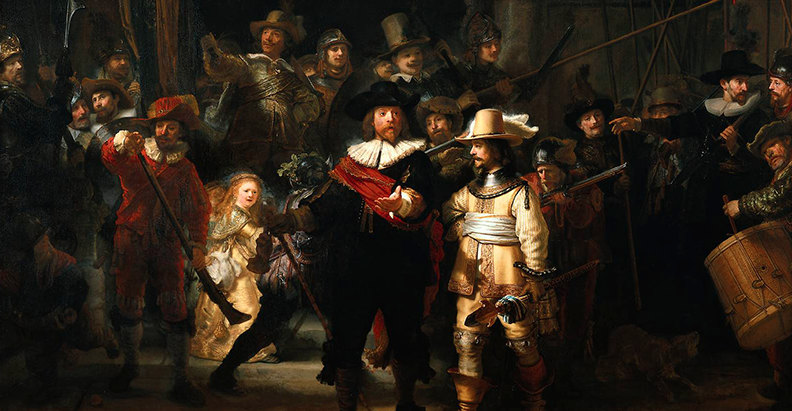By Dr. Charlie W. Starr
 In 2011 I wrote a yearlong series on the purpose and function of the arts, something I’d done a little bit from time to time beforehand and want to keep doing from time to time still. Art appeals to the imagination and the imagination mimics the senses. When done right, art can put us through an experience, and that experience can help us to see the world more completely and accurately. An example of storytelling connected to the book of Jonah might illustrate my point.
In 2011 I wrote a yearlong series on the purpose and function of the arts, something I’d done a little bit from time to time beforehand and want to keep doing from time to time still. Art appeals to the imagination and the imagination mimics the senses. When done right, art can put us through an experience, and that experience can help us to see the world more completely and accurately. An example of storytelling connected to the book of Jonah might illustrate my point.
Indigestion
How do you imagine Jonah in the belly of the fish? He says that he “cried for help from the depth of Sheol [hell]” (Jonah 2:2, New American Standard Bible). He says, “Water encompassed me” and “Weeds were wrapped around my head” (v. 5) and that he was “fainting away” (v. 7). But how do you imagine it?
I’m willing to bet that a lot of people imagine something out of Disney’s Pinocchio: a big open space, large enough for a raft or a dry hump somewhere inside, and light to see by. I don’t think God works miracles in that way. I think when he works miracles he doesn’t alter nature but adds to it. Jesus didn’t grow a new Lazarus out of a seed he planted in the ground; instead he resurrected a corpse (John 11:39-44). He didn’t sprout wings when he ascended into Heaven (Luke 24:51) or take the form of a swan when he walked on the water (John 6:19). It was a miracle for Jesus to turn water into wine (John 2:1-10), sure enough, but he only did what God had been using grapes to do since creation. My point is that I don’t think Jonah was in a comfortable dry space when he was swallowed by the fish.
I imagine Jonah in a stomach, one not much bigger than Jonah himself. He’d have to push against it to stretch his length. It would be touching him on all sides. And he wouldn’t be alone: I’m betting more than weeds were wrapped around his head. I’m betting that stomach was filled with all manner of half digested plants and fish. And how is it that these previous meals are digesting? It’s because the stomach is filled with corrosive digestive juices and seawater. Imagine being surrounded by that! I also don’t think Jonah had light to see by. I think he floated in total darkness for three days and felt the sting of salt (and worse) in his eyes every time he opened them.
I also don’t think Jonah had a pocket of air to breathe in. I think he held his breath for as long as he could—about two minutes—and then gasped and reflexively sucked in water (and worse) and began to drown. But then he didn’t die. I think he felt the sensation of choking, gasping for air, gulping, and ultimately drowning. I think he felt that for three days straight and didn’t die. That was the miraculous part. God allowed nature to work as it normally does but kept feeding Jonah’s body oxygen so Jonah drowned for three days in the belly of a fish but never died. At least that’s how I imagine it.
Point Made?
And when I imagine it that way, I think I finally come to understand what Jonah meant when he prayed, “I cried for help from the depths of hell.”
My description of Jonah in the fish probably isn’t very good art, but I tried to write it as an example of what art does. It puts us through experiences by appealing to our imaginations. It makes us taste, touch, see, and smell. It gives us experiences so strong that we respond to them emotionally. It teaches us the deeper meanings of things that plain word statements cannot always do.
Can you imagine what it would be like to be Jonah in that fish? Can you see what he went through? And what about Jesus, who told the people they would receive no sign from him but the “sign of Jonah” (Luke 11:29). How he must have known the hell that he was in for when he descended into the grave—one far worse than Jonah’s. One he entered for us so that we wouldn’t have to.
Dr. Charlie W. Starr teaches English, humanities, and film at Kentucky Christian University in Grayson, Kentucky.



Comments: no replies